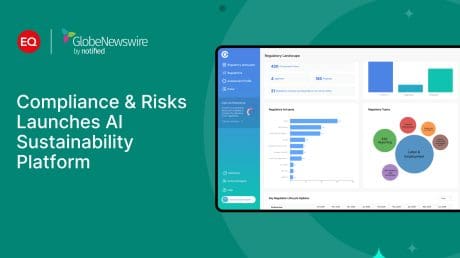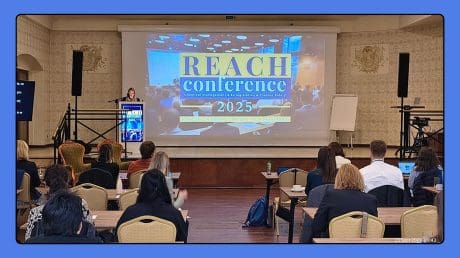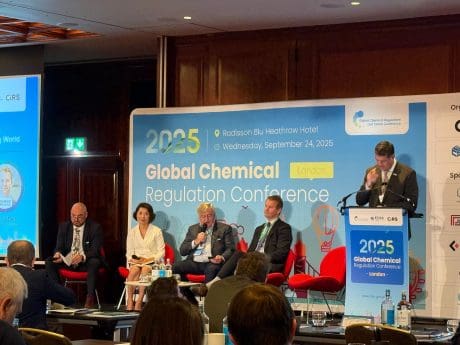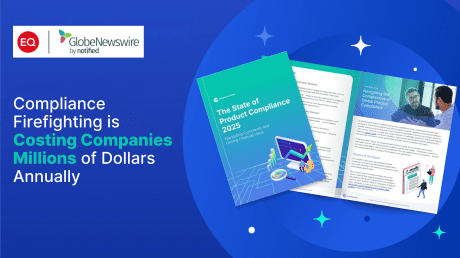
Key Takeaways from UCC Law and the Environment Conference 2025

This blog was originally posted on 13th May, 2025. Further regulatory developments may have occurred after publication. To keep up-to-date with the latest compliance news, sign up to our newsletter.
AUTHORED BY CHELSEA CUNNINGHAM, SENIOR REGULATORY COMPLIANCE SPECIALIST, COMPLIANCE & RISKS
The 21st Law and the Environment Conference took place on 1 May 2025 at University College Cork (UCC) in Ireland. The annual conference, organized mainly by the UCC School of Law in partnership with McCann Fitzgerald provides a forum for the discussion of a vast array of topics in the field of environmental law, regulation, and policy and enables an exchange between researchers, practitioners, and civil society organizations.
This year’s overarching theme was the ‘Reframing Environmental Law for Accountability, Circularity, Sustainability, and Justice.’ A diverse panel of experts shared insights from both research and practical experience on planning legislation, CSDDD, corporate social responsibility, the circular economy, and more. Discussions throughout the day repeatedly focused on the ongoing climate crisis and the current complexities of environmental legislation like the CSDDD , which remained a dominant theme at the heart of the conference.
Key takeaways
In Renewable Energy and Climate Action: The Coolglass Case and Its Implications (Boole 4), chaired by Mr. Brendan Slattery (McCann Fitzgerald), discussions focused on Coolglass v. An Bord Pleanála and its impact on Ireland’s planning authority. The case raised questions about whether climate objectives will be prioritized in future planning decisions, with some suggesting it reflects a judicial commitment to uphold Ireland’s climate targets. This could influence how future infrastructure projects are assessed, ensuring climate considerations are central. Both sessions highlighted the need for clearer frameworks and stronger enforcement in environmental governance.
In “Sunny Side Up: Exploring Solar Energy Developments, Opportunities and Challenges,” chaired by Dr. Rhoda Jennings (Office of the Attorney-General), Dr. Eva Barrett (ISEA) and Conor Linehan SC (Clarke Hill) discussed the growth of Ireland’s solar sector and the evolving policy and legal frameworks supporting it. Dr. Barrett highlighted the sector’s potential and the need for clear regulation to drive investment. There was interesting discussion regarding how recent planning decisions and legal shifts are reshaping environmental and planning law, highlighting ongoing challenges related to land use and public participation. The discussion emphasized both the significant potential and the legal complexities involved in expanding solar energy in Ireland.
The session on Transnational Environmental Regulation, chaired by Prof. Femi Amao (UCC), explored the legal complexities of cross-border environmental governance. Ms. Chelsea Cunningham discussed the challenges of navigating overlapping EU product and ESG regulations, stressing the need for harmonized frameworks. Prof. Catherine Malecki (Rennes 2 University) examined the evolving duties of corporate directors, calling for greater accountability to people and the planet within corporate governance. Ms. Amy O’Halloran (UCC) addressed the difficulties of dispute resolution and enforcement in transnational contexts, highlighting jurisdictional and procedural hurdles. The session emphasized the growing importance of legal clarity and international cooperation in addressing global environmental challenges.
Conclusion
In conclusion, the 21st Law and the Environment Conference at UCC provided a timely and vital forum for addressing some of the most pressing environmental challenges of our time. The discussions highlighted the critical need for innovative and robust legal frameworks that promote accountability, sustainability, and circularity in both national and international contexts. From the implications of Coolglass v. An Bord Pleanála to the evolving landscape of Ireland’s solar energy sector and the complexities of transnational environmental regulation, the conference underscored the pivotal role of law in shaping the future of environmental governance.
The conference underscored that fragmented approaches to environmental law created significant barriers for businesses and policymakers working across borders. By advocating for clearer, more integrated regulations, particularly in areas like corporate responsibility and environmental sustainability, the discussions pointed to the necessity of international cooperation to ensure effective environmental protection.
With the climate crisis affecting every corner of the globe, the conference reinforced that transnational legal clarity and coordinated efforts are crucial in achieving meaningful progress toward sustainability and accountability in environmental governance.
Stay Ahead Of Regulatory Changes
Want to stay ahead of regulatory developments?
Accelerate your ability to achieve, maintain & expand market access for all products in global markets with C2P – your key to unlocking market access, trusted by more than 300 of the world’s leading brands.
C2P is an enterprise SaaS platform providing everything you need in one place to achieve your business objectives by proving compliance in over 195 countries.
C2P is purpose-built to be tailored to your specific needs with comprehensive capabilities that enable enterprise-wide management of regulations, standards, requirements and evidence.
Add-on packages help accelerate market access through use-case-specific solutions, global regulatory content, a global team of subject matter experts and professional services.
- Accelerate time-to-market for products
- Reduce non-compliance risks that impact your ability to meet business goals and cause reputational damage
- Enable business continuity by digitizing your compliance process and building corporate memory
- Improve efficiency and enable your team to focus on business critical initiatives rather than manual tasks
- Save time with access to Compliance & Risks’ extensive Knowledge Partner network
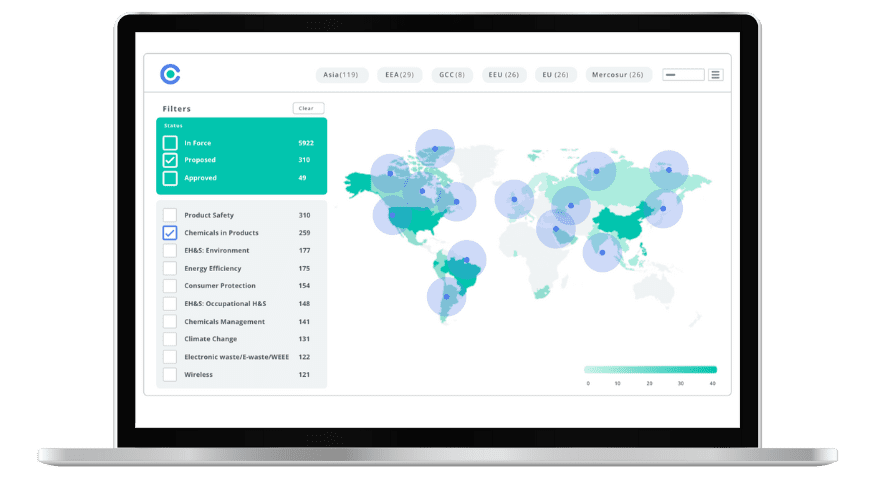
ESG Regulatory Developments in the US
Join us for a focused update on key ESG regulatory developments across the United States in 2025.





